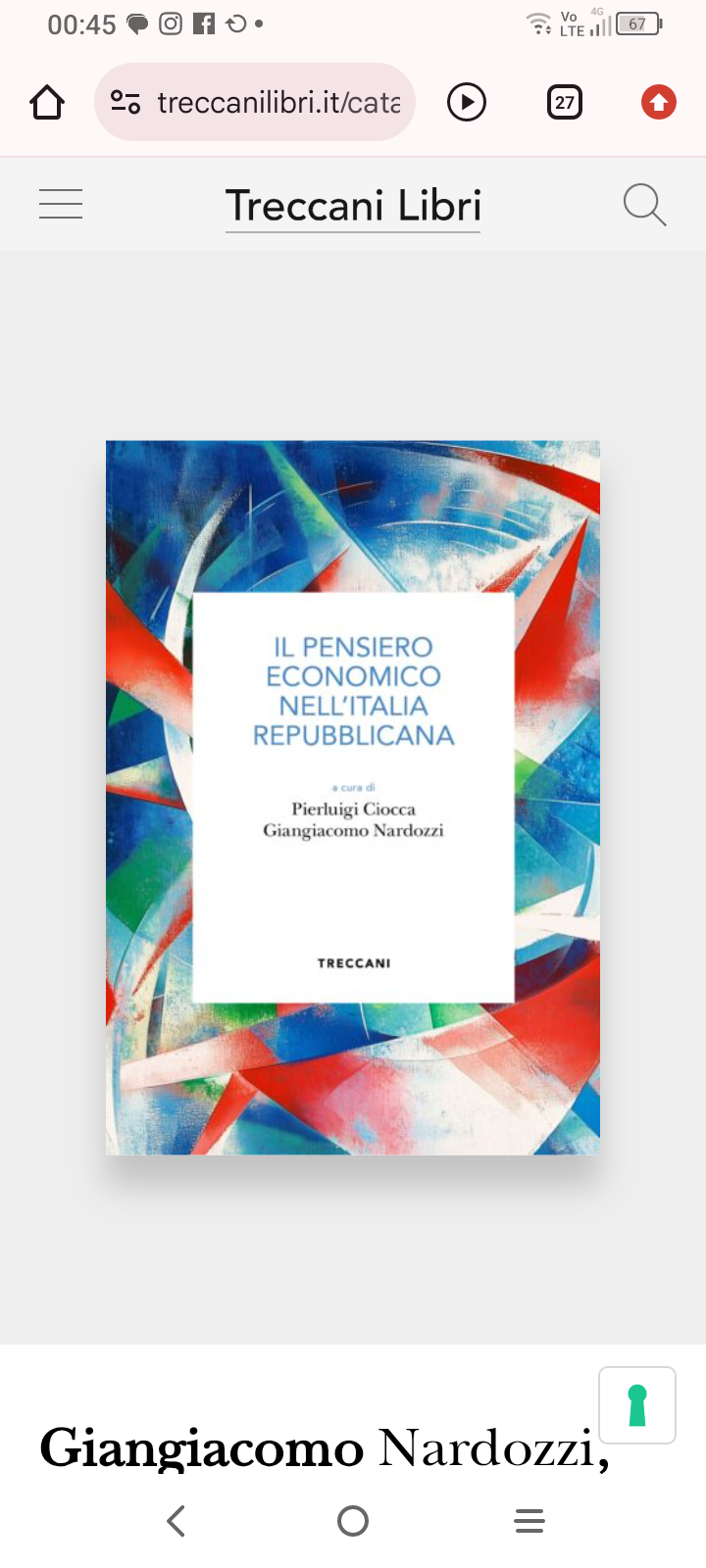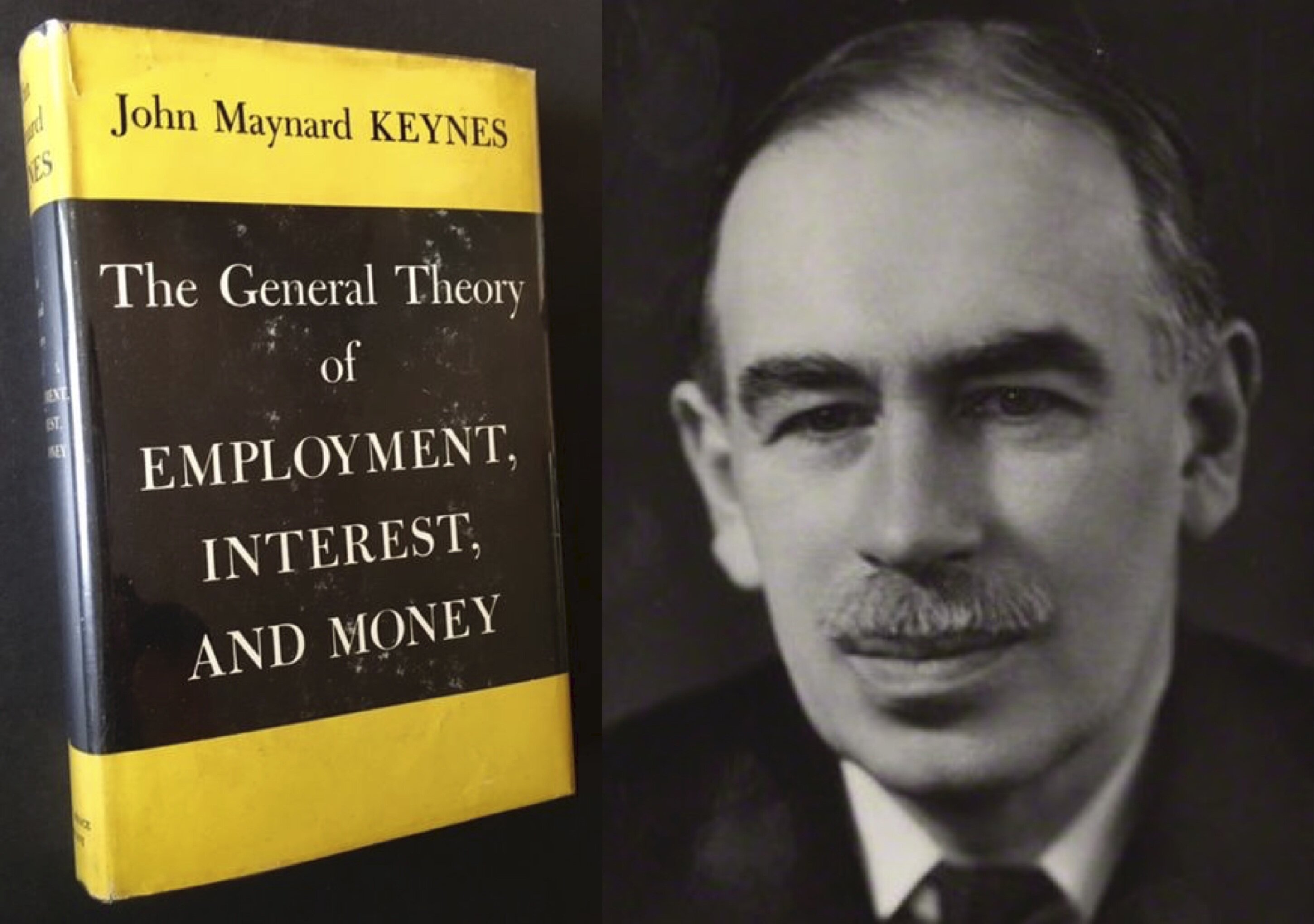EN - 14 October 2024 Royal Swedish Academy of Sciences has decided to award the Sveriges Riksbank Prize in Economic Sciences in Memory of Alfred Nobel 2024 to Daron Acemoglu Massachusetts Institute of Technology, Cambridge, USA, Simon Johnson Massachusetts Institute of Technology, Cambridge, USA, James A. Robinson University of Chicago, IL, USA, “for studies of how institutions are formed and affect prosperity”
They have helped us understand differences in prosperity between nations. This year’s laureates in the economic sciences – Daron Acemoglu, Simon Johnson and James Robinson – have demonstrated the importance of societal institutions for a country’s prosperity. Societies with a poor rule of law and institutions that exploit the population do not generate growth or change for the better. The laureates’ research helps us understand why.
IT - La Royal Swedish Academy of Sciences ha deciso di assegnare lunedi 14 ottobre il premio Nobel 2024 per l'Economia a Daron Acemoglu, Simon Johnson, James A. Robinson "per gli studi su come le istituzioni si formano e influenzano la prosperità".
I vincitori di quest'anno "hanno dimostrato l'importanza delle istituzioni sociali per la prosperità di un paese - si legge nelle motivazioni del premio - Le società con uno stato di diritto scadente e istituzioni che sfruttano la popolazione non generano crescita o cambiano in meglio. La ricerca dei vincitori ci aiuta a capire perché".
Daron Acemoglu, nato nel 1967 a Istanbul (Turchia) è professore al Massachusetts Institute of Technology di Cambridge (USA). Simon Johnson, nato nel 1963 a Sheffield (Regno Unito) e professore al Massachusetts Institute of Technology di Cambridge (USA). James A. Robinson, nato nel 1960, è professore alla University of Chicago (USA).
I contributi alla teoria economica dei tre vincitori
Gli studi di questi tre celebri economisti vertono da decenni su una serie di argomentazioni secondo le quali alcuni paesi rimangono intrappolati in una situazione con istituzioni estrattive e bassa crescita economica. L'introduzione di istituzioni inclusive creerebbe benefici a lungo termine per tutti, ma le istituzioni estrattive forniscono guadagni a breve termine per le persone al potere. "Finché il sistema politico garantisce che manterranno il controllo, nessuno si fiderà delle loro promesse di future riforme economiche", viene sottolineato. Secondo i vincitori, questo è il motivo per cui non si verifica alcun miglioramento.
Tuttavia, questa incapacità di fare promesse credibili di cambiamento positivo può anche spiegare perché a volte si verifica la democratizzazione. Quando c'è una minaccia di rivoluzione, le persone al potere si trovano di fronte a un dilemma. Preferirebbero restare al potere e cercare di placare le masse promettendo riforme economiche, ma è improbabile che la popolazione creda che non tornerà al vecchio sistema non appena la situazione si sarà stabilizzata. Alla fine, "l'unica opzione potrebbe essere quella di trasferire il potere e stabilire la democrazia", si legge nel documento del Nobel.
staff @euroeconomie.it
.png)







